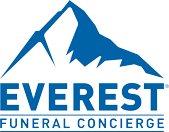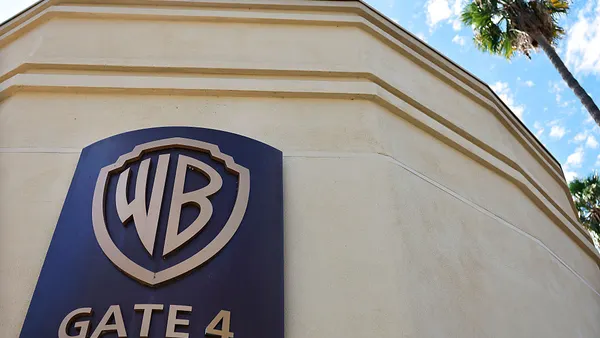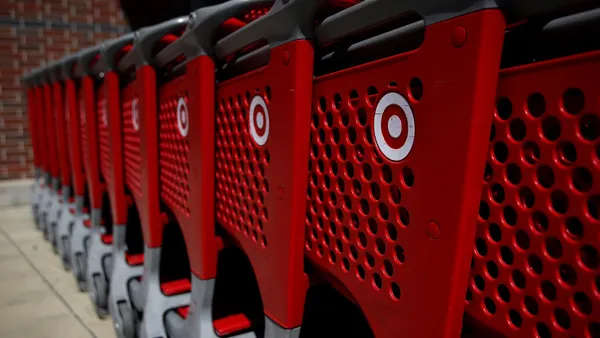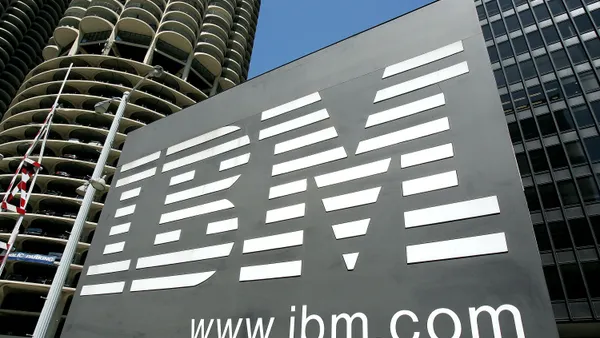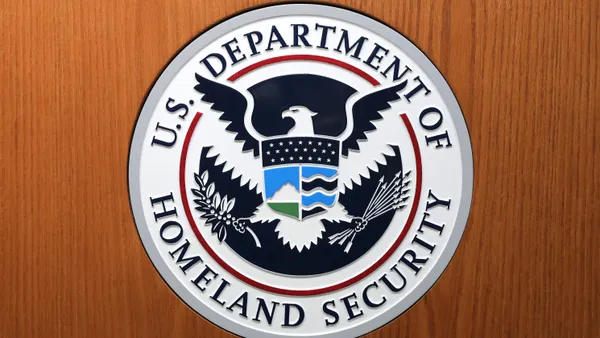Dive Brief:
- A Pennsylvania-based laundry company did not violate the National Labor Relations Act (NLRA) when it asked police to remove union organizers from an area of a public road that it mistakenly believed it controlled because it acted out of a reasonable concern for property rights, the 3rd U.S. Circuit Court of Appeals has ruled. The decision (National Labor Relations Board v. ImageFirst Uniform Rental Service Inc., ImageFirst Uniform Rental Service Inc., No. 17-3522/17-3680 (United States Court of Appeals for the 3rd Circuit, Dec. 18, 2018)) reverses the National Labor Relations Board's (NLRB), which had ruled in favor of the Service Employees International Union.
- The union filed unfair labor practice charges against the employer based on efforts by its general manager to prevent union representatives from distributing pro-union literature from the shoulder of a road near the employer's site. The general manager wanted the union reps removed and mistakenly believed that the company’s property included the shoulder of the road, based upon its ownership of a fee to the center of the road, an NLRB administrative law judge said. The general manager called the police, said the reps were trespassing and demanded they be arrested. The police told the manager that the shoulder was a public right-of-way and that the union reps were allowed to stay. NLRB found the company's threat to call the police — and its call to the police — was motivated solely by a desire to remove the representatives from the right-of-way.
- On appeal, the 3rd Circuit disagreed. No reasonable finder of fact could have failed to find that ImageFirst's conduct was motivated by a broader — and reasonable concern — over its property interests based on the union representatives' "repeated and ongoing forays" onto its private property, the court said. "Generally, 'an employer cannot be compelled to allow distribution of union literature by nonemployee organizers on his property,'" the court said, citing precedent. "It is well-established that there is no NLRA violation where an employer can show that its threat to call or its call to the police 'is motivated by some reasonable concern, such as public safety or interference with legally protected interests.'"
Dive Insight:
Employers continue to struggle with understanding their property rights where union activity is involved. In a case involving a Burger King franchise, NLRB found that the fast-food vendor violated the NLRA when it used its anti-loitering and anti-soliciting policies to discipline employees discussing a strike in its parking lot. Burger King had argued that the parking lot fell under an exception allowing employers to ban employee solicitation on the selling floor.
Clarity could be on the way, however, in the form of a regulation from the republican-majority NLRB. NLRB Board Chairman John Ring suggested in November that the Board may soon issue rules regarding union/employee access to employer property.
In the meantime, managers may need training on best practices for recognizing and responding to potential concerted activity.






